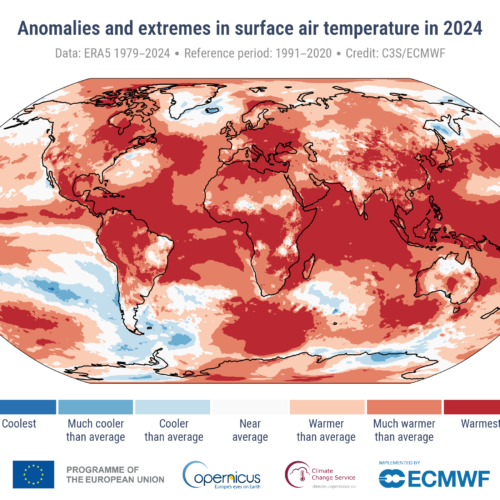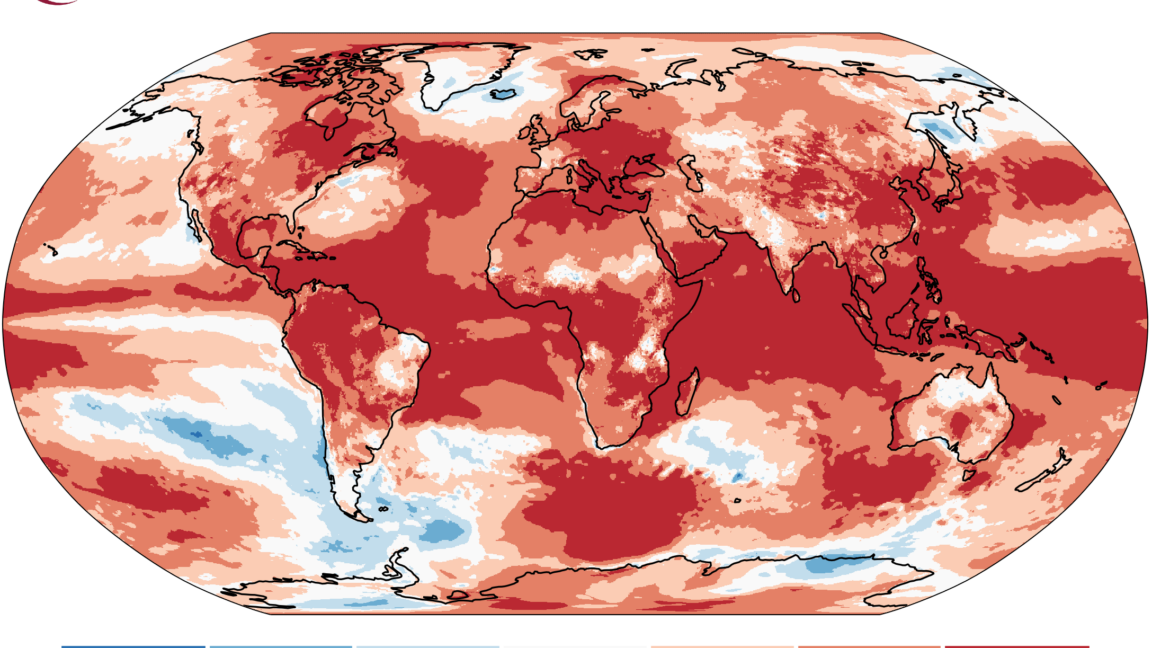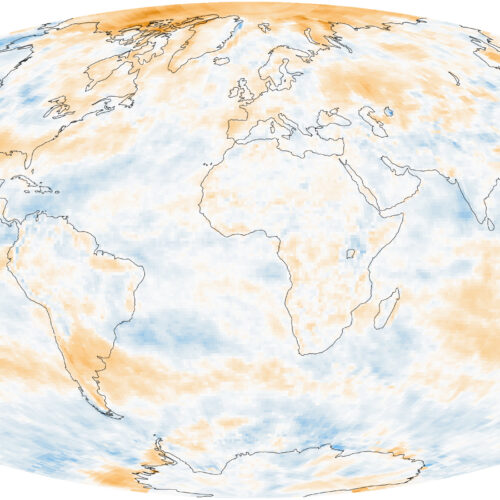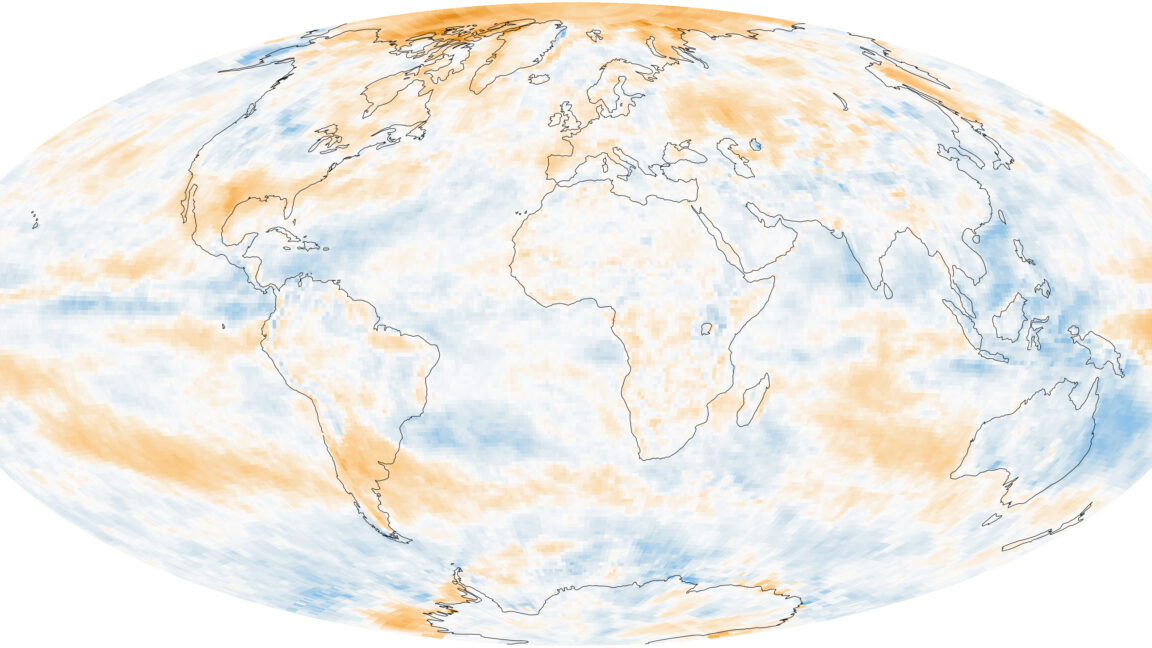Everyone agrees: 2024 the hottest year since the thermometer was invented
Over the last 24 hours or so, the major organizations that keep track of global temperatures have released figures for 2024, and all of them agree: 2024 was the warmest year yet recorded, joining 2023 as an unusual outlier in terms of how rapidly things heated up. At least two of the organizations, the European Union's Copernicus and Berkeley Earth, place the year at about 1.6° C above pre-industrial temperatures, marking the first time that the Paris Agreement goal of limiting warming to 1.5° has been exceeded.
NASA and the National Oceanic and Atmospheric Administration both place the mark at slightly below 1.5° C over pre-industrial temperatures (as defined by the 1850–1900 average). However, that difference largely reflects the uncertainties in measuring temperatures during that period rather than disagreement over 2024.
It’s hot everywhere
2023 had set a temperature record largely due to a switch to El Niño conditions midway through the year, which made the second half of the year exceptionally hot. It takes some time for that heat to make its way from the ocean into the atmosphere, so the streak of warm months continued into 2024, even as the Pacific switched into its cooler La Niña mode.


© Copernicus



















